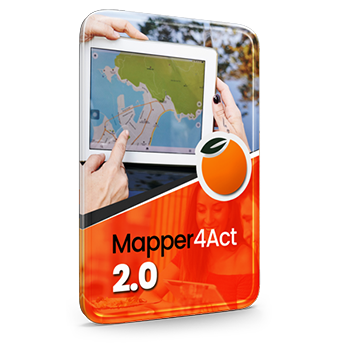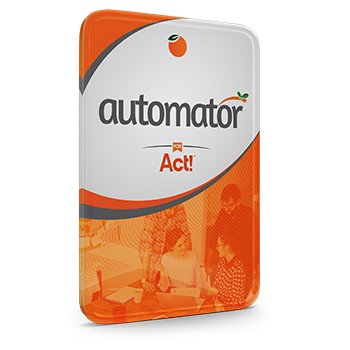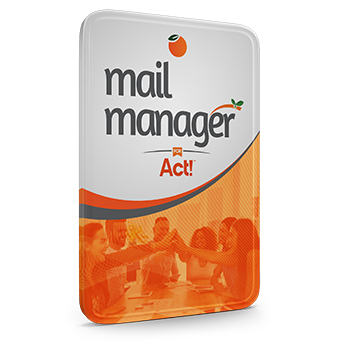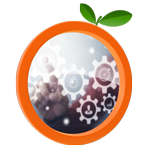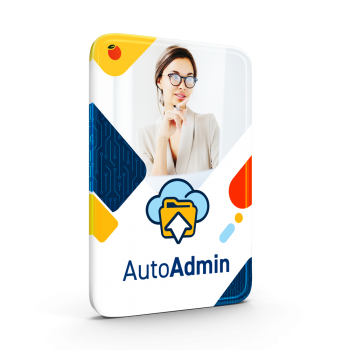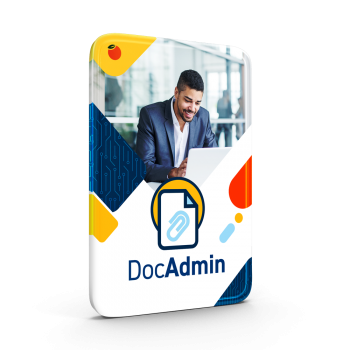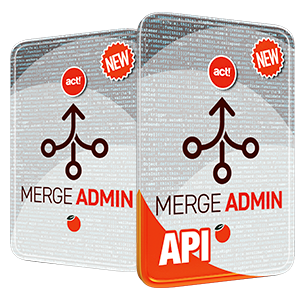In the fast-paced world of business, managing data efficiently is crucial. As businesses grow, the need for organization becomes more apparent, and this is where a CRM (Customer Relationship Management) system can make a difference. A CRM helps centralize your data, connect teams, and integrate all the essential tools you need into one platform. By doing so, it not only keeps your operations organized but also empowers your team to focus on strategic growth rather than the complexities of manual data management.
Centralized Data for Better Collaboration and Decision-Making
One of the core advantages of a CRM is its ability to centralize all your business data. Instead of relying on scattered spreadsheets and disconnected systems, everything is consolidated into a single platform. This centralization ensures that your entire team, regardless of department, has access to the most up-to-date information. When everyone works with the same data, decision-making becomes quicker and more accurate, resulting in better outcomes for your business.
A CRM also fosters collaboration between teams. Whether it’s sales, marketing, or customer service, having a single source of truth makes it easier to align efforts, share insights, and work toward common goals. Teams can communicate more effectively, improve customer experiences, and respond to market changes with greater agility. By breaking down silos and ensuring everyone has access to the same data, a CRM helps businesses stay organized, efficient, and competitive.
Increased Efficiency and Actionable Insights
The efficiency gained from using a CRM cannot be overstated. One of the biggest challenges businesses face is the inconsistency and errors caused by manual data entry or working with fragmented systems. A CRM eliminates this issue by automating workflows, and ensuring that data is entered correctly and kept up-to-date across all teams. This reduces human error, saves time, and frees up resources for more valuable tasks.
A CRM also integrates seamlessly with the other tools your business relies on, such as email platforms, marketing automation tools, and accounting software. This integration means no more switching between apps or platforms, leading to a more efficient workflow. Your team can work more cohesively and manage tasks with fewer disruptions, which ultimately leads to higher productivity.
Another significant benefit of a CRM is the access it provides to real-time, actionable insights. CRMs come equipped with powerful reporting and analytics features that track key business metrics like sales performance, customer behavior, and trends. These insights allow you to identify opportunities for growth, understand customer preferences, and make more informed decisions. Data-driven decision-making is a game-changer in today’s competitive landscape, and a CRM system provides the foundation for this approach.
A CRM system also simplifies your team’s workflow. With automation, centralized data, and integrations, your team can focus more on high-value activities like nurturing leads, closing deals, and improving customer satisfaction. This allows businesses to scale more efficiently while keeping operations smooth and optimized.
Related Links:
 6 Reasons Outlook Shouldn't Be Used for E-Marketing
6 Reasons Outlook Shouldn't Be Used for E-Marketing
T he History of Friday the 13th and Business Lessons for Today
he History of Friday the 13th and Business Lessons for Today
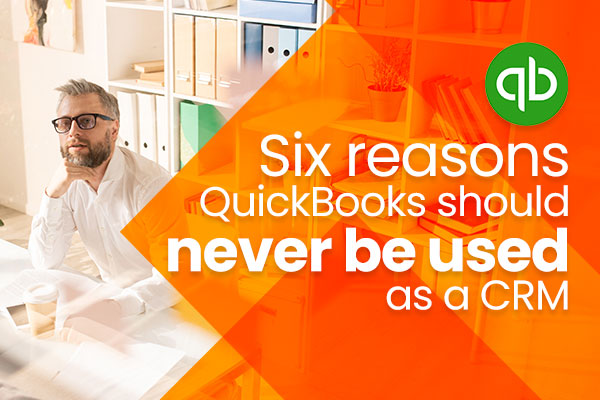 Six reasons QuickBooks should never be used as a CRM
Six reasons QuickBooks should never be used as a CRM
W hy Business Success is Less About Being the Smartest and More About Consistency
hy Business Success is Less About Being the Smartest and More About Consistency



